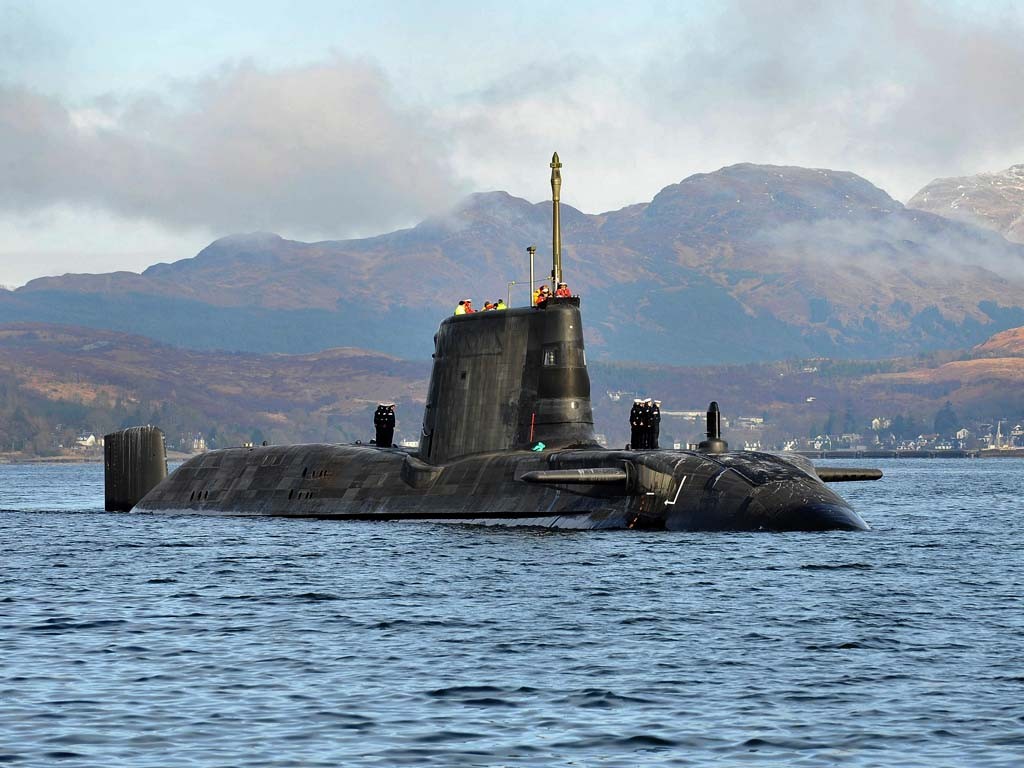DEFENCE - LEADING YOUR FIELD
As a Provider of products and services to the Defence Sector, you will be working with, for and competing against some of the largest, most demanding, prestigious and highly regarded organisation in the world.
In this very demanding, high risk sector, any change or development to a production process is a costly, time consuming and risky business, with standards like DEF STAN 91-91/7.
Cleaning processes will form a vital part of your production and product quality so the ability to develop or retain required outcomes, including chemistry choice is essential.
To introduce a new or replacement cleaning process, a different technique or cleaning chemistry, will inevitably involve in-depth testing and approvals from your customers. In many cases the cost of such changes can be so restrictive that they can have the potential to actually prevent new or shut down existing production of lucrative products.
Your Challenge
To constantly improve and maintain your product quality through environmentally compliant validated processes which are cost effective, repeatable, reliable and long lasting.
Your Solution
Through partnership and in-depth consultation with you, including planning, testing and review, the team from Layton will design and develop a tailored system to meet your Defense project needs and exceed your expectations – no matter how big or how small.
At Layton, we don’t sell machines we help you lead your field.
Case Study
Layton Technologies has just completed a major project with UK submarine builder BAE Systems Maritime – Submarines, which is set to have a major impact on quality, safety and the environment. This, in turn, will help bring down cost.
Layton’s 4-Stage Automatic Aqueous Cleaning System will revolutionise a hitherto labour-intensive operation on BAE Systems’ programme to build seven of the new Astute class of submarines, and provide a cost-effective, environmentally-friendly and efficient solution to preparation of the 65,000 pipes installed in each submarine.
But the solution didn’t come overnight, nor did it come ‘off-the shelf’! Initially, a large-scale machine plant processed the pipes, which had to be cleared of all contamination by hand before being installed in the nuclear-powered submarine to carry water, oxygen, effluent and fuel throughout the vessel. Having decommissioned its cleaning plant some two years ago, BAE Systems had instigated an intermediate method of pipe decontamination, still compliant with NES 341 Part 1, but not as environmentally friendly as the company would have liked. As a responsible organisation, the submarine builder took the view that a new process was needed that would meet all relevant technical standards, but be safer and kinder to the planet.
Rejecting ultrasonics on the basis of cost, BAE Systems approached Staffordshire-based Layton Technologies to commence trials on an adapted machine. After a lengthy feasibility project, trialling various different chemistries, Layton mastered the technology and set about designing and developing a working prototype. This presented its own challenges, as the company invested significant funds into the project up front so that final trials could be carried out. Phil Dale, Layton’s Managing Director, commented: “The exacting standards required for such a safety-critical aspect of the vessel’s manufacture presented a challenge on a scale that we had hitherto not encountered, and we pushed the boundaries of our own understanding to deliver the ultimate solution.”
“BAE Systems Maritime – Submarines is extremely progressive and forward-thinking and its world class engineers helped us by questioning everything and forcing us to think more innovatively to cater for every possible contingency.”
The new Astute class of submarines is arguably the most advanced in the world. These nuclear-powered sea-giants are designed to stay underwater indefinitely, surfacing only to collect provisions. The importance of clean pipework (ranging from 6mm to 250mm diameter, of varying lengths), is therefore paramount. Layton Technologies’ development of the pipe cleaning facility means the crew can be confident that component parts of the stainless steel and copper nickel pipes are free of foreign bodies, scale, flux, grease and other potentially hazardous substances.
As for the cleaning system itself, there are four key stages to the process. First, the pipes undergo a detergent wash in one of the 25,000 litre tanks, where up to 500kgs of pipe at a time are fully immersed and flushed inside and out. Stage 2 sees a thorough rinse before a second rinse of the pipe internals with de-ionised water (to reduce staining). This takes place in a specially designed dual-tank that cleverly combines two processes in one, doubling as a hot air dryer. BAE Systems now boasts a fully automated process, with computer-controlled load and unload stations that shut off in the event of operator error. What’s more, the facility has been designed to accommodate open-ended, threaded or flange pipes – so flexibility is built in.
Layton Technologies has also incorporated a two-year service plan into the agreement with BAE Systems Maritime – Submarines, in order to ensure optimum performance of the machinery in the purpose-built £1.2m plant at the business’s Barrow shipyard.
Editor’s Note:
Staffordshire-based Layton Technologies Limited is a global leader in the design, manufacture and installation of precision cleaning equipment for the medical, aerospace and specialist engineering industries. The company is headed by MD Phil Dale and operates in markets around the world. www.laytontechnologies.com

